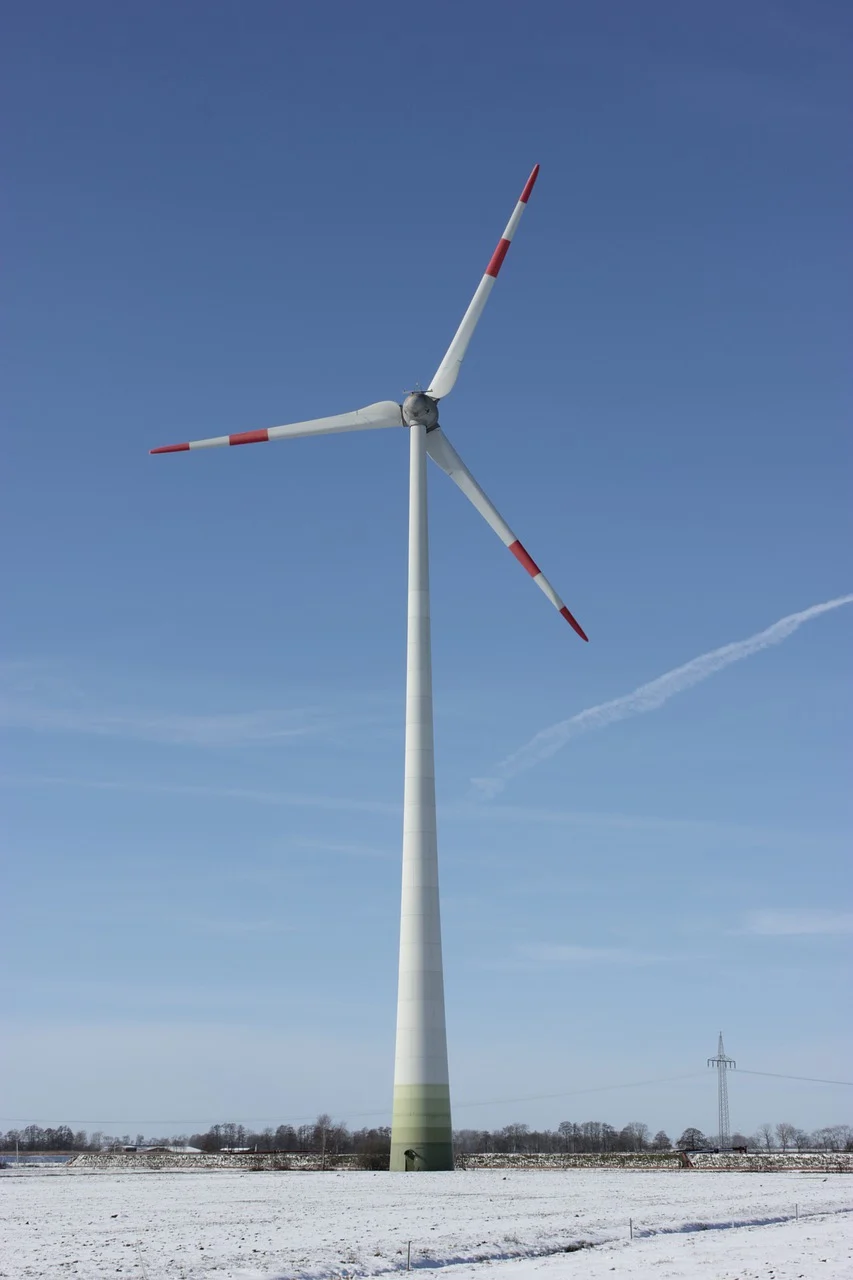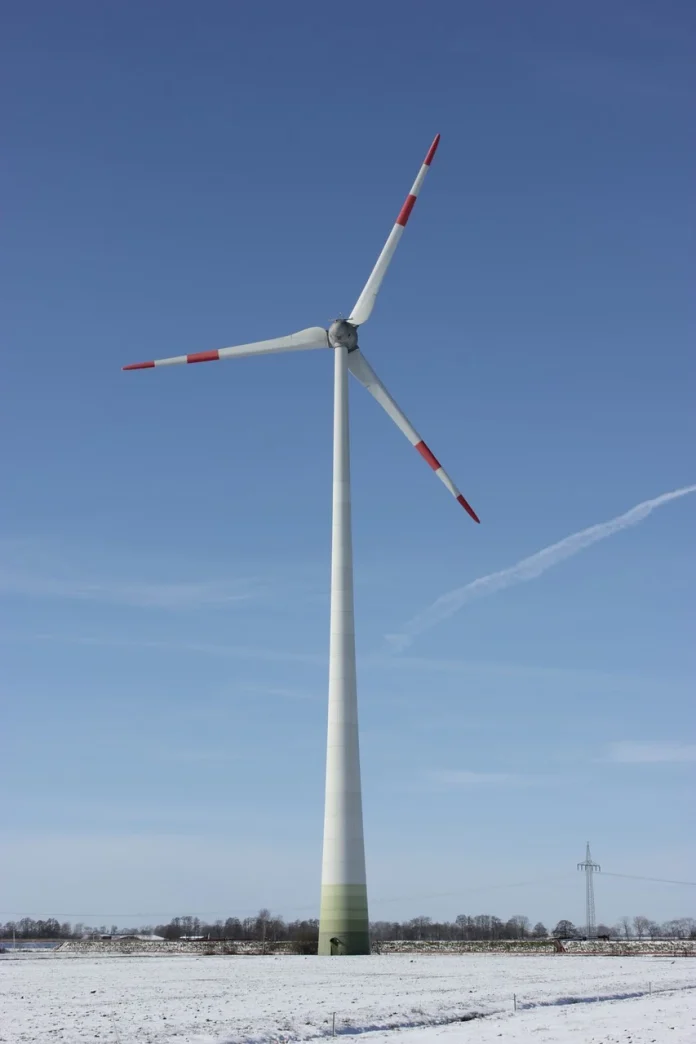Former U.S. President Donald Trump has taken aim at Britain’s energy policy, calling for an end to offshore wind farms and urging the UK to expand oil and gas production in the North Sea. In a post on his social media platform, Truth Social, Trump declared, “The U.K. is making a very big mistake. Open up the North Sea. Get rid of Windmills!”
His statement comes as the UK government pushes forward with an ambitious plan to increase offshore wind energy, aiming to quadruple its capacity to 60 gigawatts by 2030. The plan is part of a broader strategy to reduce carbon emissions and achieve energy independence.
However, Trump’s comments highlight ongoing debates over whether the country should continue relying on fossil fuels amid rising energy costs and economic uncertainty.
North Sea Oil: A Declining Industry?
The North Sea has long been a critical hub for oil and gas production, but output has significantly declined since its peak at 4.4 million barrels of oil equivalent per day in the early 2000s.
Today, that number has fallen to around 1.3 million. Oil companies have been scaling back operations in the region, selling assets, or shifting focus to more profitable fields elsewhere.
One of the latest exits is from APA Corporation’s unit, Apache, which announced plans to leave the North Sea by 2029, citing declining production and high operational costs. Analysts predict a 20% drop in North Sea oil production in 2025, raising concerns about the future of the industry.
Wind Energy Boom Faces Challenges
While offshore wind farms have become a key part of the UK’s renewable energy strategy, the sector is facing hurdles. High interest rates, supply chain disruptions, and rising costs have forced some developers to scale back their investments. Even Ørsted, the world’s largest offshore wind developer, has trimmed its investment and capacity targets due to these economic pressures.
Despite these challenges, the UK government remains committed to expanding wind energy. A spokesperson stated that transitioning to renewable energy is crucial for “energy independence and protecting bill payers from volatile fossil fuel prices.”
Political Reactions to Trump’s Comments
Trump’s remarks have sparked debate among UK politicians. Claire Coutinho, the Conservative Party’s shadow energy minister, responded on X (formerly Twitter), arguing that the UK should not be shutting down its domestic oil and gas production, calling the policy “totally mad.”

On the other hand, Prime Minister Keir Starmer’s Labour government maintains that shifting to clean energy is the best way forward. The government recently raised the windfall tax on North Sea oil and gas producers from 35% to 38%, extending it by another year. The additional revenue is intended to help fund renewable energy projects.
Trump’s Longstanding Opposition to Wind Farms
Trump’s stance on wind energy is nothing new. He has long been a vocal critic of wind farms, arguing that they are inefficient, costly, and harmful to landscapes. In 2015, he even took legal action to block the construction of a wind farm near his luxury golf course in Scotland, though he ultimately lost the case.
What’s Next for UK Energy Policy?
As the UK continues to balance energy security with environmental goals, the debate over oil, gas, and renewables is far from over. With the North Sea oil industry in decline and wind energy facing economic obstacles, the government will need to navigate a complex energy landscape in the coming years.
Trump’s comments have reignited discussions on whether the UK should reconsider its approach—or stay the course toward a low-carbon future.



